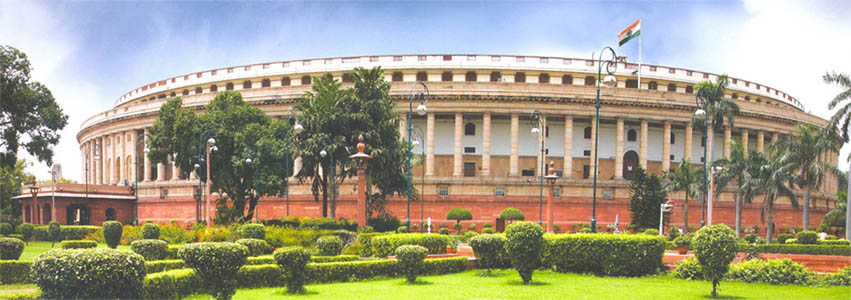The Government introduced the Transgender Persons (Protection of Rights) Bill, 2019, before the Parliament on 19 July 2019. The current draft, fails to address key concerns that have been repeatedly raised by the transgender community and human rights organizations.
Critically, the Bill continues to mandate sex reassignment surgery for transgender people who seek to identify as male or female. This requirement contravenes the Supreme Court’s judgment inNALSA v. UOI, which guarantees the right to self-identification, without any need for medical intervention. Nor does the Bill make provision for reservations in employment or education despite a mandate by the Supreme Court inNALSA.
Among the problematic provisions are those which set out lighter sentences for criminal offences when committed against transgender people (including “sexual abuse”, “physical abuse”, “verbal and emotional abuse”, “economic abuse” and denial of “passage to a public place”); inadequate or missing definitions of offences; the retention of provisions that could be used to target transgender people for criminal prosecution; and the absence of mechanisms to enforce prohibitions on discrimination in the law.
The International Commission of Jurists has also said that the Transgender Persons (Protection of Rights) Bill, 2019, does not adequately protect the rights of transgender people and should be revised to address the concerns of the transgender community and to conform with India’s international human rights obligations.
“The Transgender Bill as currently drafted still fails to fully protect the rights of transgender people including to self-identify, a right that has been upheld by the Indian Supreme Court,” said Frederick Rawski, ICJ’s Asia Pacific Director. “If Parliament passes the Bill in its current form, it will miss an important opportunity to introduce a law that respects, protects and fulfills the human rights of transgender people as required by the Supreme Court’s decision inNALSAand India’s international obligations,” he added.
The revised draft of the Bill does have some improvements over the version passed by the Lok Sabha in 2018. The new draft removes the requirement for a screening committee to review applications for the issuance of a gender identity certificate. It also no longer criminalizes “compel[ing] or entice[ing] a transgender person” to engage in begging
The ICJ and other human rights organizations haverecommendedthe deletion of these provisions in light of the well-documented historical abuse that such laws enabled by making it possible to target transgender persons, and the resulting effect of creating a specter of criminality around transgender identities.
The current session of Parliament will close on July 26, 2019 and may be extended by two-three days. If passed by the Lok Sabha, this Bill will be introduced in the Rajya Sabha (Upper House of the Parliament) for consideration.
- Film Kuch Sapney Apne Celebrates Diversity and Family Acceptance, and Stars Parents and LGBTQ+ Members in Cast - February 25, 2025
- Chennai Rainbow Film Festival 2025 Celebrates Diversity and Artistic Excellence - February 24, 2025
- #UNLABEL #BORN COLOURLESS: Absolut Mixers Calls for a World Without Labels - January 20, 2025

